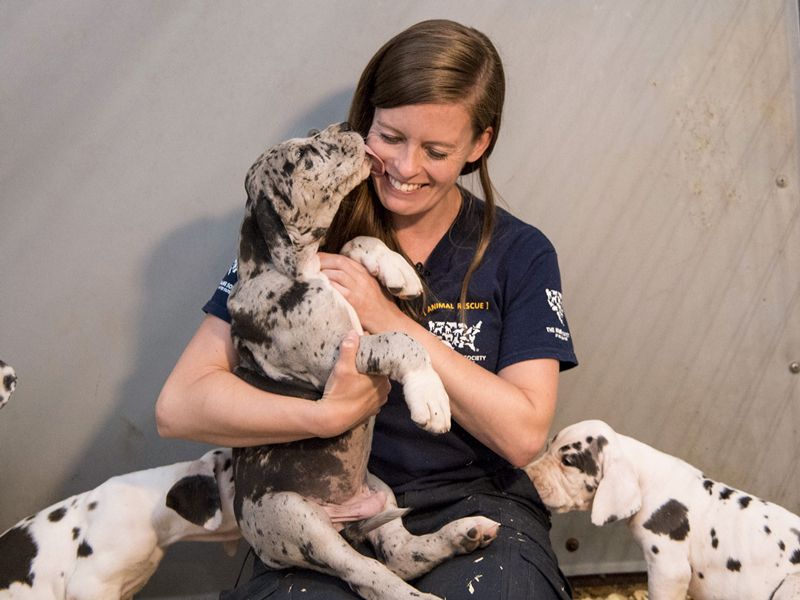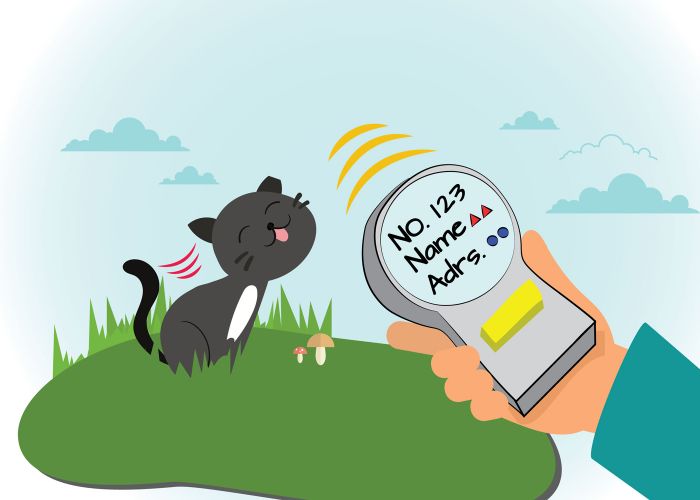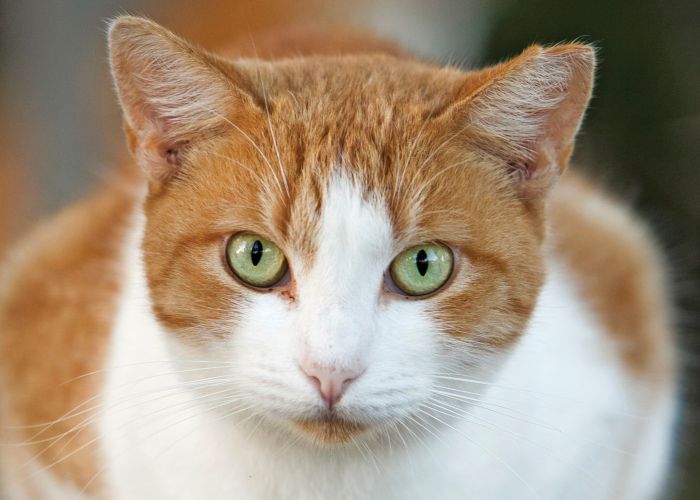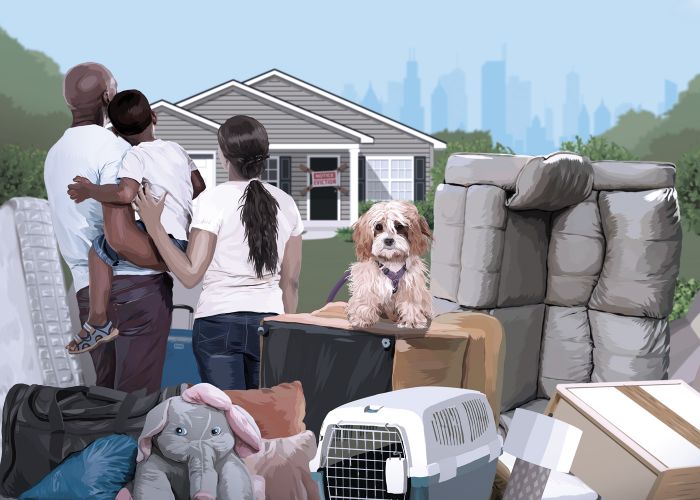A word from us

I came to Humane World for Animals in 2014 after a decade (more if you count those years I spent as a kid sitting in cat rooms and walking dogs way too big for me) overseeing operations at animal shelters. I wouldn’t say I was particularly excited about or motivated to fit policy into my daily workload of caring for homeless pets—until I worked for an animal shelter that was located in a city with breed-specific legislation, flawed policies that ban certain types of dogs based on their physical appearance.
We did everything we could to prevent the intake of so-called “pit bull-type dogs” into our shelter—foster homes outside the city limits, transport programs to shelters outside the grip of the policy—but nothing would truly fix this problem without a change in the law. I realized then how a few words on a piece of paper could tear families apart and, at worst, require the most compassionate animal lovers to humanely euthanize a dog based on his looks.
I’m the director of policy for our companion animals team, and we are working to end inhumane policies like BSL. Because of our collaborative work with grassroots advocacy groups like the Eureka Bully Alliance and Liberty Pit Bull Alliance, we’ve seen eight cities repeal BSL so far this year! In Washington state, Gov. Jay Inslee signed into law a prohibition on the passage of BSL ordinances; that’s a sweeping change protecting pet owners and their dogs that couldn’t have been achieved without support from the Washington Federation of Animal Care & Control Agencies and the Washington Alliance for Humane Legislation. Together, we will see the end of these misguided and inhumane policies in the United States.
We’re taking a similar coalition-building approach on the cat protection front. Animal shelters and trap-neuter-return groups are crucial in our work to push for humane policies for community cats. The Pawmetto Lifeline in South Carolina recently defended the county’s existing TNR ordinance when there was a move to repeal it, and Humane Indiana entered an official partnership with a community to incorporate a return-to-field program, a decision supported by a vote by the town council. (If you’re working on these issues in your community, you can find our Managing Community Cats toolkit and Return-to-Field Handbook on animalsheltering.org/cats to help guide your advocacy.)
We at Humane World for Animals want to thank each of our animal shelter and rescue partners who make the time to ensure animals have a voice at state capitols around the country. We are here as a resource for you as we work to end greyhound racing, promote policies for the humane treatment of cats, ban the use of gas chambers and ensure that housing policies are not a barrier to keeping families and their pets together. Whether you’ve been involved in policy for many years or you’re just starting, the Humane World companion animals team and state directors are here to support you in advocating for humane laws.
You work tirelessly to support pets and keep families together, and you have to live with the consequences of poorly written laws. We’re here to help ensure the policies in your town, city or state reflect your lifesaving mission.






